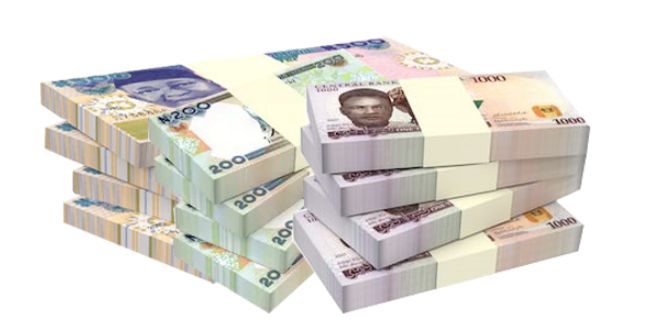5 crucial points you need to know about Central Bank of Nigeria’s redesign of the Naira
Every now and then, a country may decide to redesign a pillar of its identity. This could be a line from the national anthem, a redesign of the flag, or, more typically, the money.
Nigeria is not unfamiliar with the latter. Since its inception, the country’s currency has undergone several redesigns. According to the Central Bank of Nigeria, this alteration occurs on occasion for a variety of reasons, including making the currency more secure, increasing the currency’s durability to allow it to survive longer in circulation, and streamlining its aesthetic and safety aspects.
The bank last updated the naira in 2014, when it modified the design of the 100 naira note to honour Nigeria’s 100th anniversary.
During a news conference today, the governor of the Central Bank of Nigeria announced that the country’s currency will undergo another change. He warned Nigerians to brace themselves.
Following The Central Bank of Nigeria’s latest regulation, here are five points to keep in mind:
- Dates: By December 15, 2022, the Central Bank will issue newly designed Naira notes, according to the governor of the bank. Additionally, he mentioned that by January 31, 2023, the current notes would cease to be considered as legal money.
- Redesigned notes: The N100, N200, N500, and N1000 are among the notes that will be changed, according to the information that is now accessible. Everything below those denominations would remain the same.
- Rationale: The CBN has stated that the redesign of the note is being done to combat hoarding and counterfeiting. He stated that Nigerians hoard 85% of the money that is in circulation. He clarified that these are causes for an interest rate to increase.
- Best practise: It is normally a global best practise for central banks to redesign, produce, and circulate new local legal money every 5 to 8 years, however the Naira has not been redesigned in the recent 20 years, with the exception of the 2014 commemoration.”
- Submission deadline: Beginning immediately, banks must begin returning the denominations now in their possession to the CBN, since the newly designed currencies will be distributed to banks on a first-come, first-served basis. Bank customers are also anticipated to begin depositing their old currencies. As a result, all banks have been instructed to maintain their currency processing centres open from Monday to Saturday.













